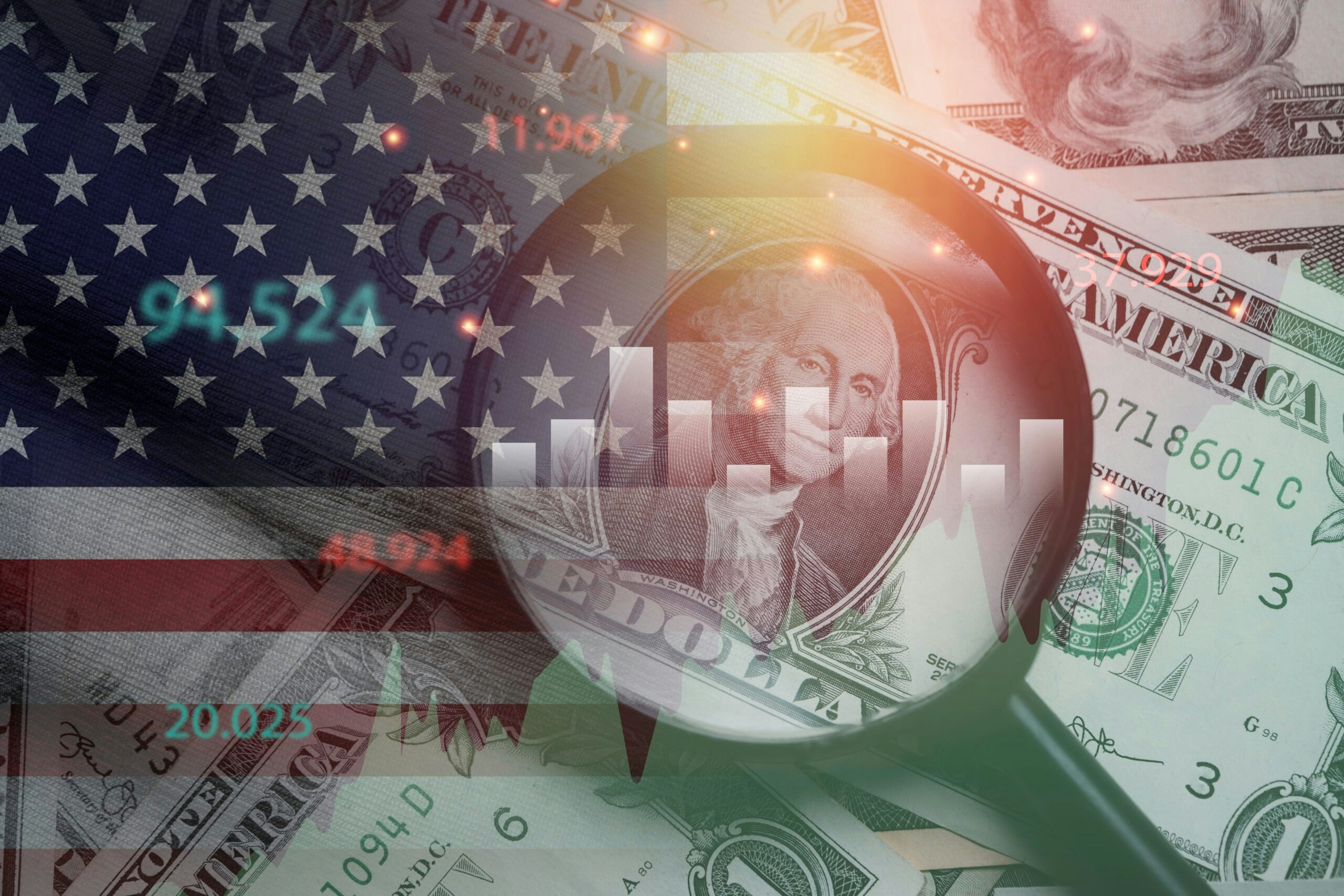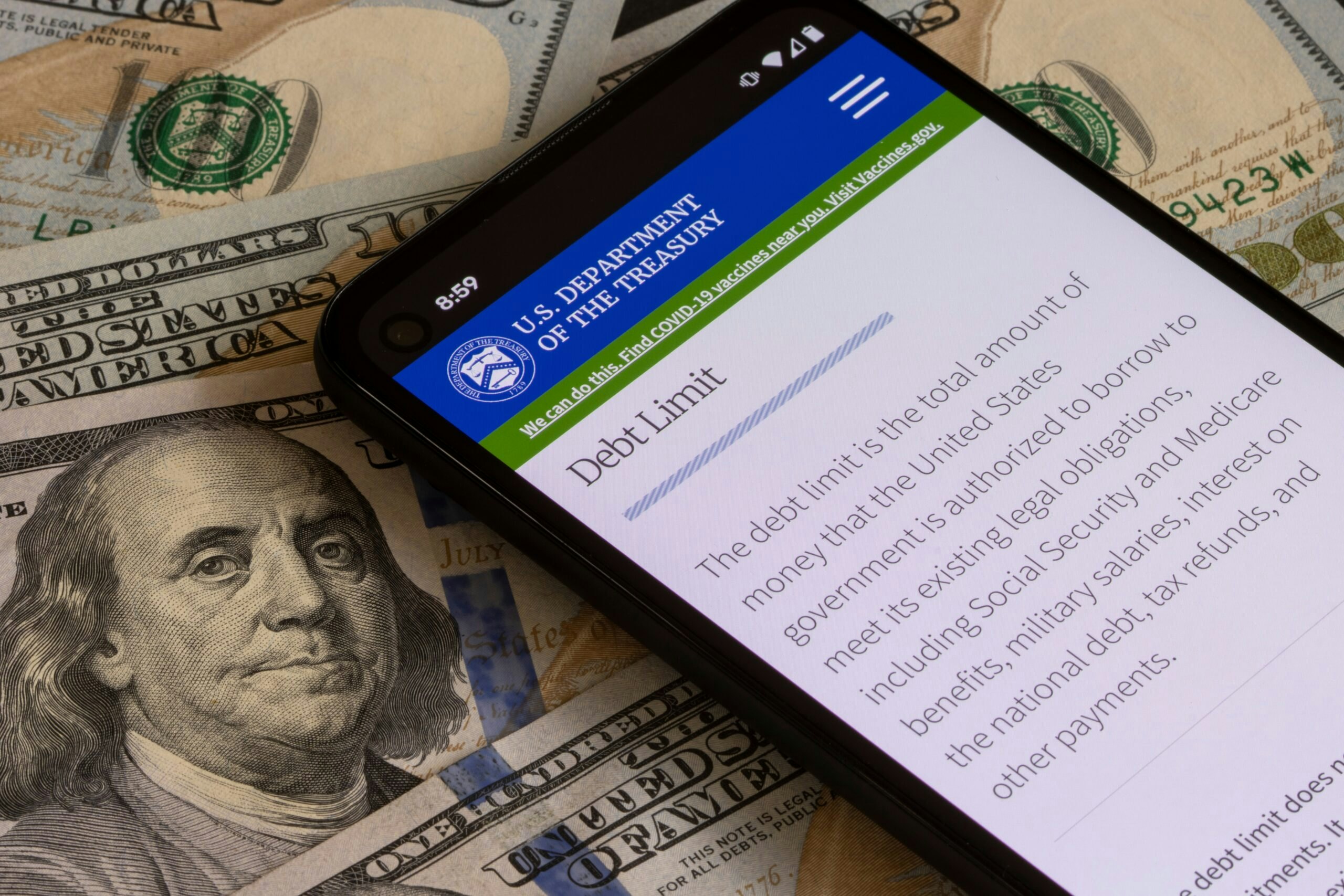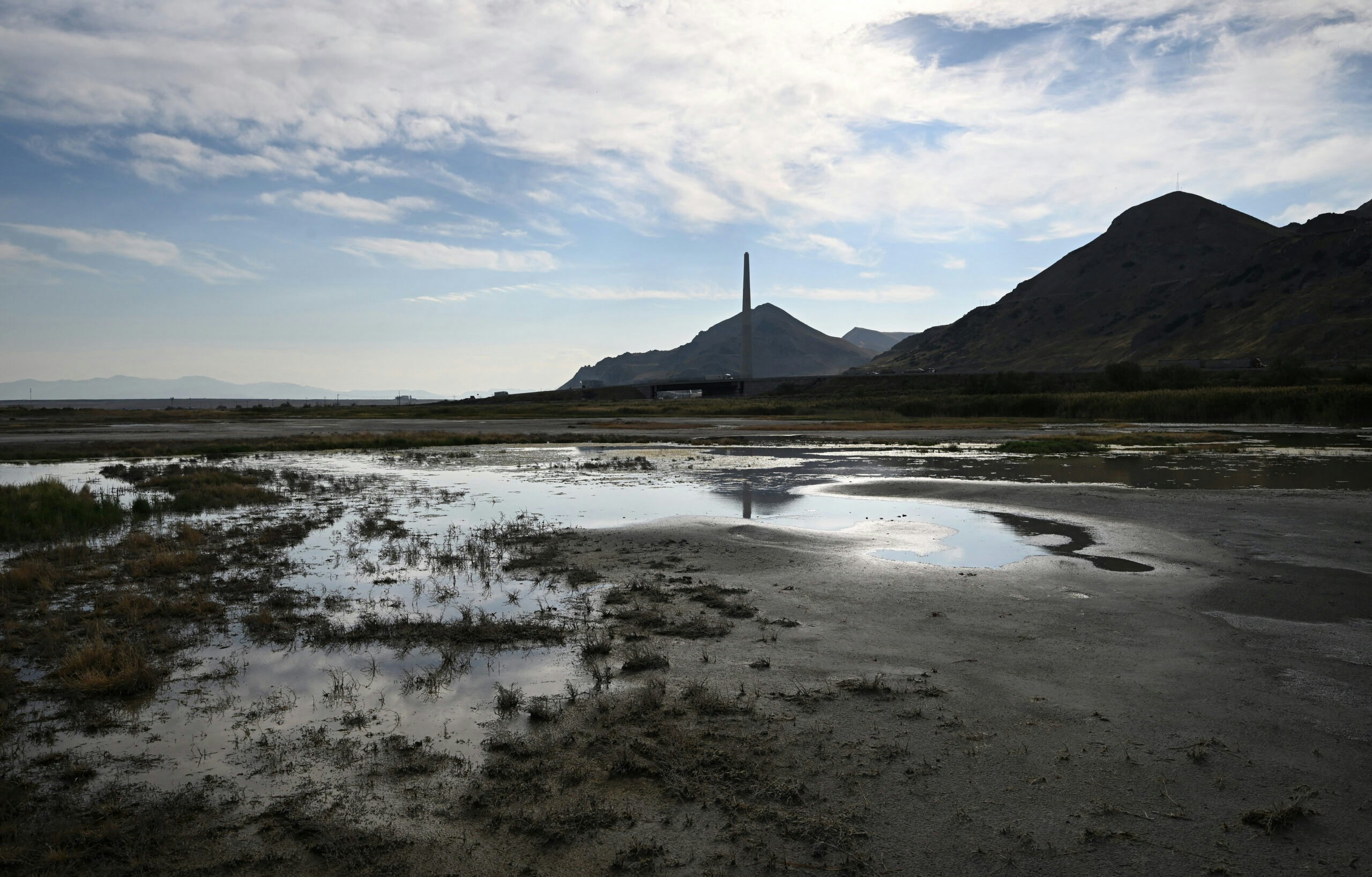What if the economy never recovers?There’s a growing portion of Americans who consider this a real possibility. It is common to hear people...
What if the economy never recovers?
There’s a growing portion of Americans who consider this a real possibility. It is common to hear people discuss 2% annual growth and 8% unemployment as the “new normal.” Respected economists like Robert Gordon even contend that our country’s franchise on innovation is being lost. Perhaps most alarming is that Americans between the ages of 18 and 27 have never known what it’s like to participate in a robust, growing, economy.
The sentiment felt today is not unprecedented in history. During the Great Depression there was likewise a feeling that recovery might never come. It is assumed that we now really understand the events of 1929 and how the near decade long Depression finally came to an end. Clearly we do not; if we did, we would have pulled ourselves out of the current predicament by now.
It’s worth looking at the Depression with a new eye on what in retrospect seemed to be an inevitable recovery. After all, the cohort of 18 to 27 year olds today — which includes all those currently studying in college and the last four graduating classes — are the ones with the most at risk and are also the ones least likely to know the history of the Depression.
The Depression Experience
The visceral terror synonymous with the words “The Great Depression” that was passed down through families is gradually dying away. There was a time not so long ago when most Americans had parents and grandparents who lived through the Great Depression. They heard stories of how poverty snuck up on middle-class families and what it did. Families moved in together. Diets changed — people ate cheap food. Spam, peanut butter, and shredded wheat became staples. Come to think about it, I’ve never told my kids that their grandfather had to drop out of college in the Depression, go back home, and search for work.
Hollywood’s contemporaneous products provide an indelible historic record of the psychological bruising and the shifting cultural mores that came with the prolonged economic stagnation of the 1930s. Hollywood developed a whole genre of films meant to keep people’s spirits up. These included “Easy Living,” the famous Marx Brothers’ efforts such as “Duck Soup,” and “Golddiggers of 1933.” Songs such as “Pennies from Heaven,” “Life is Just a Bowl of Cherries,” and “Happy Days are Here Again” played ceaselessly on the radio.
The despair of the time was disquietingly conveyed in “The Grapes of Wrath” and “Somewhere In Dreamland.” Popular songs told of hopeless young girls who had left the farm only to be marooned in big cities without jobs. The titles, not to mention the lyrics, drip with pathos: “Ten Cents A Dance” tells of the physical abuse of a “taxi girl,” “Detroit Moan” a slide into prostitution. Men on breadlines, unable to feed their families, were also the subjects for songs of despair. One cannot hear “Brother Can You Spare A Dime” or “Just A Gigolo” without feeling some sense of the effect a broken economy had on real people’s lives.
A deeper reading of these cultural artifacts tells us something more troubling. Neither those who saw the economic sun as about to rise, nor those sure that a permanent economic night was descending, had any real reason to believe that the catastrophic economic conditions in which they found themselves might ever get better. Some economists advanced a theory that the American economic model was spent. One professor wrote that the economy had matured and was “tired.” Unemployment of 22% was even then referred to as the “new normal.” The notion of business cycles, a somewhat “iffy” concept even now, was poorly developed and couldn’t really promise an upturn. President Roosevelt offered the view that prosperity was just around the corner. It’s not clear he believed it. Modern research suggests he, of all people, should have known better.
Explaining the Recovery
Through a good deal of ill-advised, ideological policymaking — including expanding public debt and a raft of novel regulatory ways to insert the government into the day-to-day lives of citizens and the decisions of business — the Roosevelt administration prolonged the American Depression well past the recovery that Europe enjoyed beginning in 1933. In fact, in 1937 economic growth had been above 5% annually for four straight years. But then it suddenly ceased altogether again, leading to the “Depression within a Depression.” The causes were thought to include the expanding deficit, Roosevelt’s public castigation of business leading to a complete shut-down in private investment, and a reduction in disposable income brought on by higher payroll taxes to pay for the newly-passed Social Security program. (The parallels with today are hard to avoid.) Whatever the specific cause, unemployment jumped again to 19%. The recession of 1938 came to an end in part because the second round of the New Deal was stopped in Congress by a coalition of Democrats and Republicans who would no longer follow the president’s expansion of government regulation aided, and in part, perhaps, by an unexpected influx of investment into the U.S. driven by worries over the coming war. While GDP resumed expanding as the Depression came to an end, unemployment continued at high levels (above 14%) right up until the war. Many mistakenly believe that the war, with its need for soldiers and munitions workers and new deficit spending, solved the Depression. Without the war we might have had something like today’s jobless, quasi-recovery.
Today’s Challenges
At the moment there doesn’t seem to be another major war ahead (though many believe that Iran seeks to provoke an existential East-West conflict), certainly not one that will sop up the unemployed. And, unlike 1938, today America faces unchecked deficit spending that neither party in Congress seems capable of stopping. We also face the imminent burden of higher payroll taxes on everyone to pay for Obamacare, a federal program whose claim on revenue could dwarf Social Security. Our central government seems hell-bent on inserting itself yet further into everyday life with the goal of reducing freedom of action for businesses and individuals. For example, we watch Washington shift its policy focus radically to exploit a tragic event and attempt to control gun ownership by legislation that everyone knows will not reduce the likelihood of mass shootings. Yet we seem content to ignore the burgeoning public debt as if it is of no consequence to the nation’s future.
If there is no deus ex machina solution today (i.e., we don’t have a war) and America continues to spend more on the public sector than our society can possibly support at current levels of growth (growth being inversely influenced by the size of the nation’s deficit spending), will we ever see full employment again? It seems a certainty that higher taxes on those willing to risk capital by investing in new industrial infrastructure (the motor of private-sector job creation) will surely cause investment financing to become more costly, thus adding to the anti-growth forces.
As in the Depression people begin to forget what a booming economy feels like and lose hope that things will get better. We now have a generation coming of age that does not remember that every college student once expected and pretty much got a well-paying job upon graduation. Even students with majors in English, leisure studies, French literature and art history. They have no reason to recall that students only a few years older did not live with overwhelming student debt. How are they to remember college seniors planning to own a house by the time they were 25 when they themselves are still stuck in their parents’ basements?
Instead, the current cohort is less and less certain that they even want to form the ambitions of success. When career success is harder at the outset, why bother investing in it psychologically? Applications to MBA programs, to law schools, and to other professional schools are falling. The age at which students now anticipate family formation is stretching further and further into the future just as the birth rate is falling. Forget any thoughts of living better than their parents’ generation! All these indicators behaved similarly in the depth of the Depression. Even the demand for Spam has spiked in the last few years and now is nearly at Depression-era production levels.
During the recent drama of the Fiscal Cliff, President Obama said that “we can’t cut our way out of this,” meaning he believes that the economy would get worse if government spending were to decline. But remember that the “laws” of economics are hardly settled and, as noted above, it is at least as likely that by increasing public spending we will slow the economy further. Higher taxes coupled with out-of-control spending are likely to produce another year in which growth won’t happen and jobs creation remains level or falls. The year has started with the unemployment rate going up, not down!
If anyone should be upset about all this it is precisely the cohort from 18 to 27 that can’t get their lives as earners underway. The Class of 2013, which will have a lot of jobless members come June, will be saddled with really consequential personal debt for education as well as the massive responsibility for paying off the spending spree Washington has embraced. Today’s college-aged cohort is marching into a lifetime of economic servitude inflicted upon them by a president and Congress who will be well off and retired when the bill falls due. If the concomitant cost in all this is that our economy can never again grow at 4% or 5% a year, it will indeed be a bleak future for America’s promise.




























